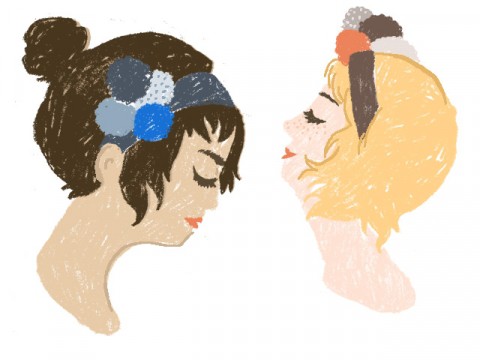
Millions have taken to social media to share their stories of sexual harassment and assault using the hashtag #MeToo, including students at the University of Saskatchewan.
The Me Too movement can be traced back to Tarana Burke, an African-American feminist who founded a non-profit group to assist sexual-assault survivors like herself. However, only after Alyssa Milano, an actor who has been in the entertainment industry since childhood, tweeted the phrase “Me too” did it go viral.
Alyssa Milano shared the following statement on her Twitter account: “If all the women who have been sexually harassed or assaulted wrote ‘Me too’ as a status, we might give people a sense of the magnitude of the problem.”
Cleo Nguyen, a third-year political studies major, is one of many U of S students to participate in the #MeToo movement. Although initially hesitant to share the hashtag, Nguyen believes that the overall experience was positive.
“I think, for the most part, it’s been good. It’s validating in some sort of weird, awful way to see so many recounts. I think the basis of it is just knowing you’re not alone,” Nguyen said. “Just talking about these things, I feel a sense of relief and validation. It’s just difficult to put yourself out there.”
As of Oct. 22, Milano’s tweet had received over 68,000 replies and 25,000 retweets. According to the Guardian, Facebook reports that 4.7 million users engaged with #MeToo within a 24-hour period, generating 12 million posts, likes and reactions.
#MeToo is part of a larger discussion about sexual assault currently taking place on social media. Although sexual assault is not a new topic, it has received greater attention following an exposé published by The New York Times detailing allegations of sexual assault against Hollywood producer Harvey Weinstein from a number of women.
In addition to positive experiences, Nguyen acknowledges that there are issues with #MeToo, particularly regarding issues of diversity.
“This hashtag … generally seems to be directed at people who identify as female — like women. But, [we] definitely [need to be] able to bring in voices of non-binary people [for] people who don’t identify necessarily with their assigned sex … to also be included in the conversation,” Nguyen said.
With such a high volume of sensitive material on social media, some students may find themselves overwhelmed. Sabrina Materie, the Healthy Relationships group co-ordinator for Peer Health and a fourth-year psychology student, speaks to the negative impacts that #MeToo may have on student wellness.
“While the Me Too campaign has been super impactful, it puts a lot of pressure on survivors to out themselves and discuss painful experiences and trauma, [which] can make navigating social media exhausting,” Materie said, in an email to the Sheaf.
Materie notes that there are a number of resources available at the U of S for students who may be struggling with the topic of sexual assault.
“If someone’s feeling burnt out or overwhelmed by the media they’re seeing related to this campaign, resources on campus like the Women’s Centre and Student Wellness [Centre] can help if you need to talk to a trained volunteer or professional,” Materie said. “Peer Health [also] hosts drop-in peer support where trained student volunteers offer a free, confidential space … to chat through and support you in anything you’re experiencing.”
When it comes to addressing sexual assault at the U of S, Materie emphasizes the importance of education and prevention.
“The best [way] to create a healthier and more consent-oriented culture is to educate yourself on consent and what it means and be a positive bystander,” Materie said. “Sexual assault occurs at the community level, and reducing the prevalence of it is something everyone can participate in.”
—
Emily Klatt
Graphic: emma / Flickr